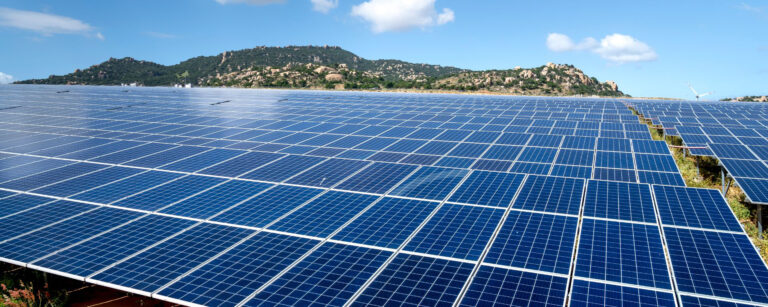What's Happening?
House Republicans have introduced a proposal to phase out key clean energy tax credits established under the Inflation Reduction Act (IRA) sooner than planned. These credits currently provide financial incentives for individuals and businesses to invest in renewable energy solutions like solar panels and electric vehicles (EVs).
Why Might They Be Doing This?
The main reason is to reduce federal spending. These tax credits are part of a larger group of government programs that cost money. By phasing them out early, lawmakers behind the proposal are trying to cut spending and lower the national deficit. They also believe that the clean energy market should grow on its own without long-term government support.
But critics say this move is less about saving money and more about protecting traditional energy interests. Ending support for clean energy makes it harder for homeowners and small businesses to access solar and EV options. At the same time, it helps preserve the market advantage for large utilities and fossil fuel companies. Some believe this is part of a broader effort to slow down renewable energy growth and reverse recent progress on climate policy.
Which Tax Credits Are Affected?
Residential Clean Energy Credit: Offers a 30% tax credit for home solar, wind, geothermal, and battery storage installations. Under the proposal, this credit would end by December 31, 2025
Electric Vehicle (EV) Credits:
New EVs: Up to $7,500 credit, set to expire at the end of 2025.
Used EVs: Up to $4,000 credit, also ending by December 31, 2025.
Home EV Charger Credit: Provides up to $1,000 for installing a home EV charger. This would be eliminated under the new plan.
Energy Efficient Home Improvement Credit: Currently offers up to $3,200 annually for upgrades like insulation, windows, and heat pumps. This credit would be discontinued.
Arguments for ending the tax credit
Fiscal responsibility: Tax credits are government spending. Reducing or eliminating them can help lower federal deficits.
Market independence: Some believe the clean energy market is mature enough to grow without subsidies and should compete on its own.
Local benefit concern: Critics argue that residents in one state shouldn’t fund projects in another. For example, someone in Indiana may not want their federal tax dollars going toward a solar project in California or Illinois.
Skepticism of climate policy: Some policymakers are philosophically opposed to aggressive federal climate action or see it as government overreach.
Arguments for keeping the tax credits
Public good, shared benefit: Climate change, air pollution, and energy reliability are national issues. Supporting clean energy everywhere creates broad, long-term benefits — just like funding roads or public health.
Fossil fuels are already subsidized: The oil and gas industry receives billions in direct and indirect government support. Phasing out clean energy support while keeping fossil fuel incentives creates a distorted and outdated energy economy.
Energy independence: Investing in renewables reduces our dependence on foreign oil and insulates us from volatile global energy markets.
Economic opportunity: Clean energy supports hundreds of thousands of American jobs and creates new business in both rural and urban areas.
Lower costs over time: While upfront costs are supported by tax credits, solar and wind energy have among the lowest long-term costs of any power source. Supporting adoption now helps drive prices down further.
Our Thoughts
Yes, some people are frustrated about federal tax dollars going to clean energy projects they don’t directly use. But the alternative is continued reliance on fossil fuels that pollute, fluctuate in price, and rely on extraction that permanently alters ecosystems.
Supporting renewables isn’t just about “going green.” It’s about building a stable, modern, and more affordable energy grid all while making sure regular homeowners, not just large corporations, have access to it.


